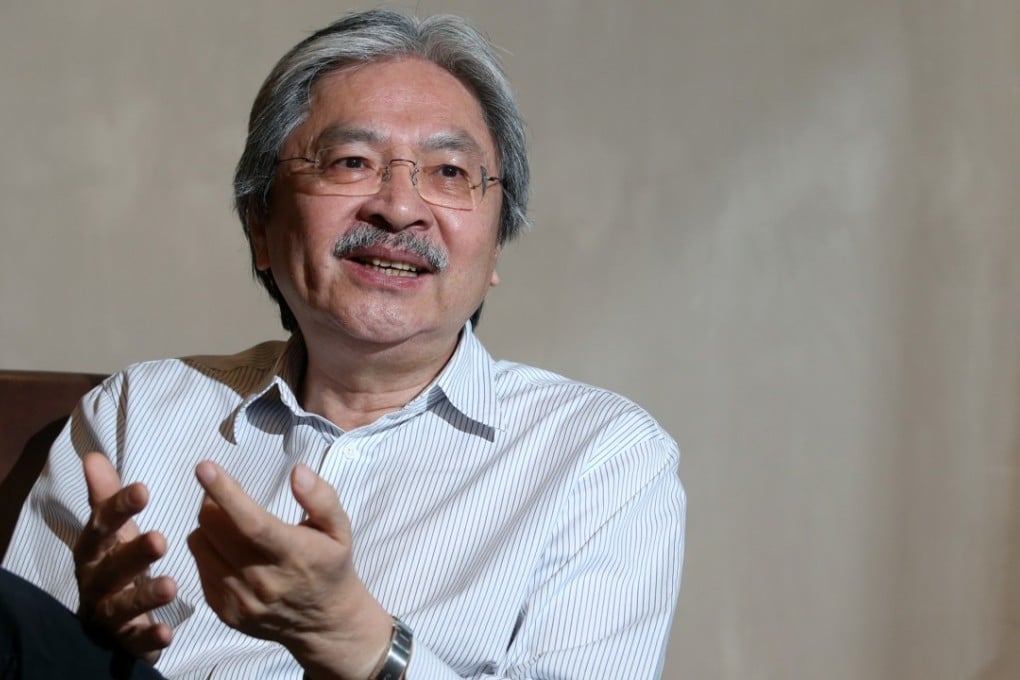John Tsang, Hong Kong’s ex-finance tsar, is now a fintech evangelist

John Tsang Chun-wah made a name for himself in Hong Kong for a few things: he tried and failed to become Hong Kong’s chief executive in 2017; he was one of the longest serving financial secretaries in Hong Kong’s history; and he presided over an enormous growth in Hong Kong’s fiscal reserves, garnering criticism for being tight-fisted in the face of an ageing society where hospitals and schools all seem underfunded.
During his tenure as Financial Secretary, Tsang pointed to the possibility of a new financial crisis, or some other “Black Swan” event, that would make enormous fiscal reserves necessary. Had he known that Donald Trump would be elected president (a prospect that seemed highly unlikely as he campaigned for Chief Executive), he may have felt some vindication for his budgeting. He was proud of the reserves that the government had amassed, despite public criticism.
To the public, he tried to project a kindly, fatherly persona, showing off a love of music and fencing. On Facebook, he maintains 133,000 followers, compared to Chief Executive Carrie Lam Chen Yuet-ngor at 47,000.
But Tsang did have a youthful flirtation with radicalism and entrepreneurship.